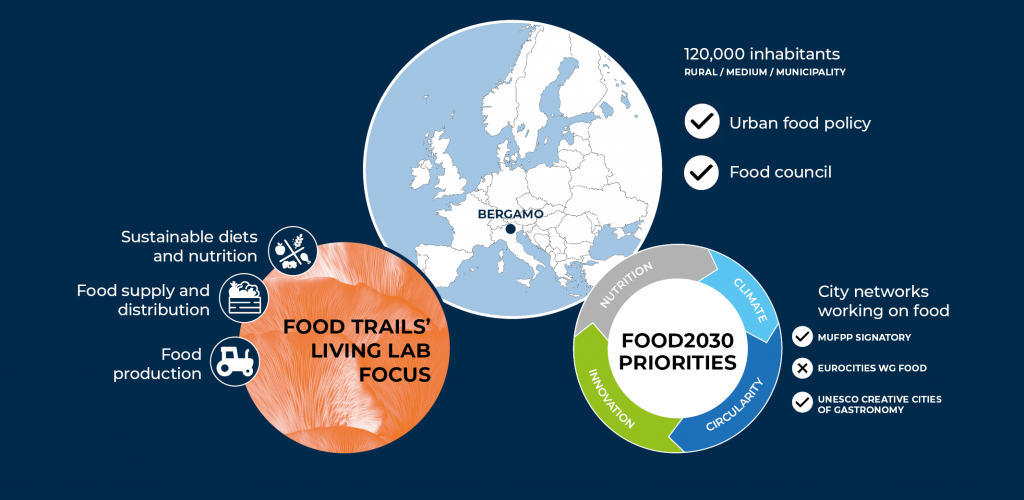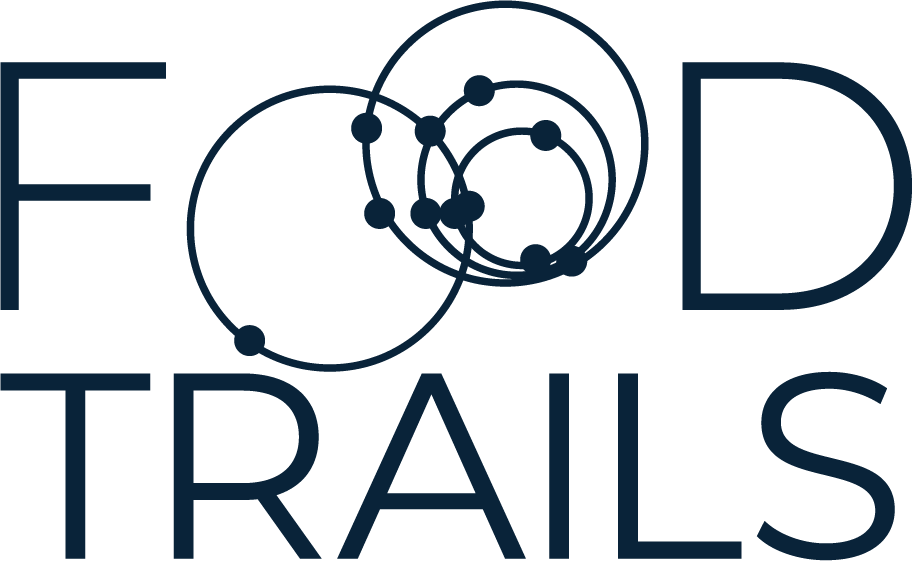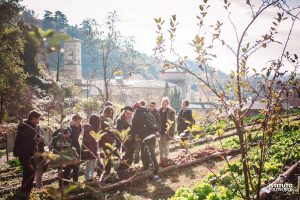
Bergamo is a city of about 120,000 inhabitants in Italy’s Lombardy region, home to a growing University with seven faculties and several international research projects.
In recent years, the municipal administration has introduced territorial government plans that safeguard urban agriculture, the necessary basis for promoting an effective food policy. It also supported actions to reduce food waste in school canteens and the organised large-scale food distribution system. The city is committed to guaranteeing equal access to food for everyone.
In 2015, the city established a Food Council oriented to rural-urban linkages to guide the urban agriculture of Bergamo towards greater sustainability and better interaction with its citizens. The Council also aims to strengthen the relations among producers, farmers’ markets and improve citizens’ education through awareness-raising initiatives.
Bergamo aspires to develop and implement a new vision for the local urban food system to improve dietary intake, prevent childhood obesity, and reduce the environmental footprint in schools while developing local synergies and fostering cross-sectorial approaches.
Through Food Trails, the city will promote healthy and sustainable diets to locals. It will especially address young people at school and run awareness raising campaigns for sustainable lifestyles. Bergamo’s Food Trails Living Lab will:
1. assess the local food system collecting knowledge about it and its relevant stakeholders;
2. run targeted food education actions and incentivisation programmes and events, in collaboration with the Botanical Garden, to foster healthier and more sustainable consumption habits among locals, helping them to relate to food in a positive and healthy way;
3. develop plant-rich menus and increase the share of sustainable, organic and local food in diets;
4. promote the supply of local quality food as a means of supporting a sustainable territorial food system while reducing food waste;
5. ensure sustainable food production systems and implement resilient agricultural practices, like urban horticulture and soil regeneration, to increase the quality of the urban environment and strengthen the city’s capacity for adaptation to climate change.
Read more here.


